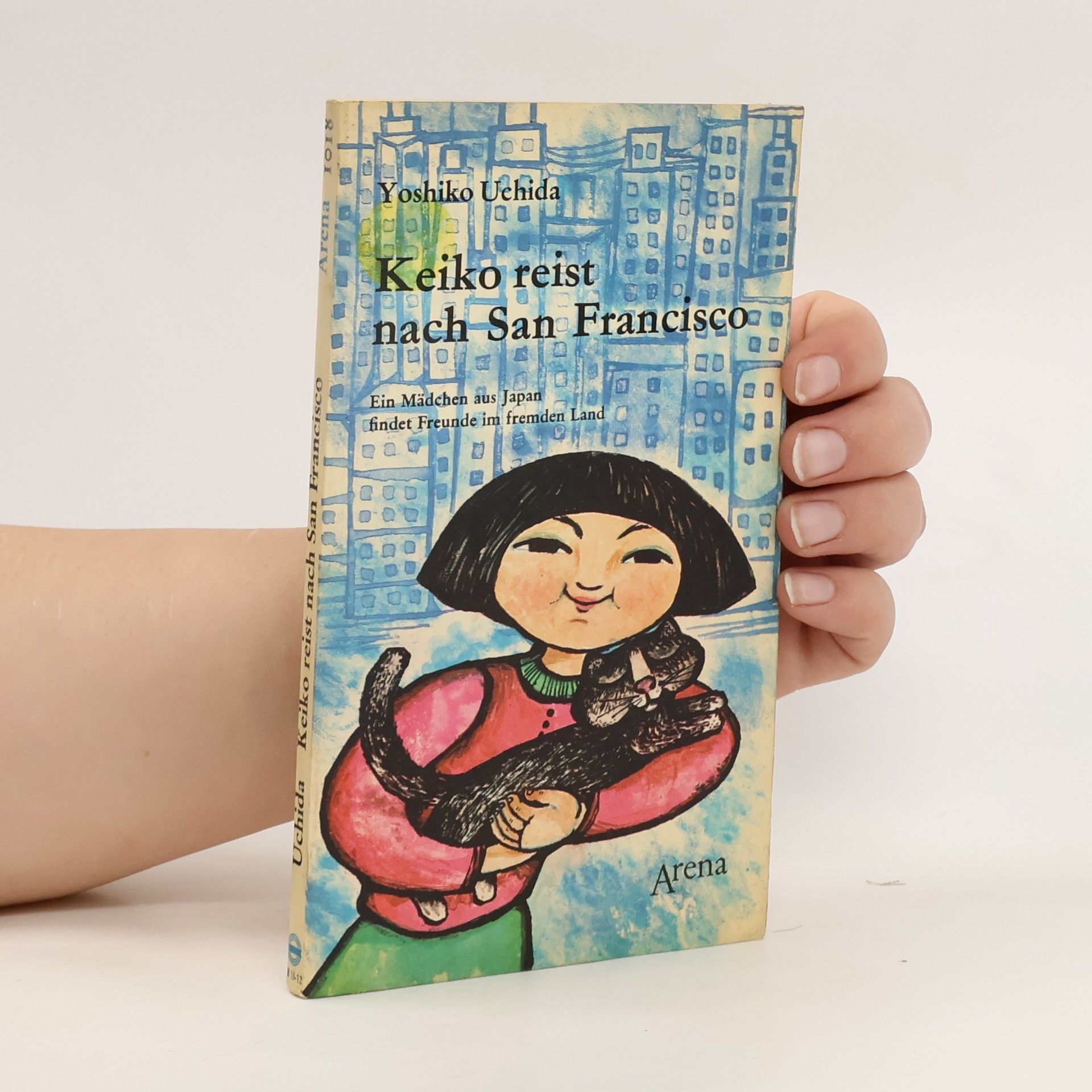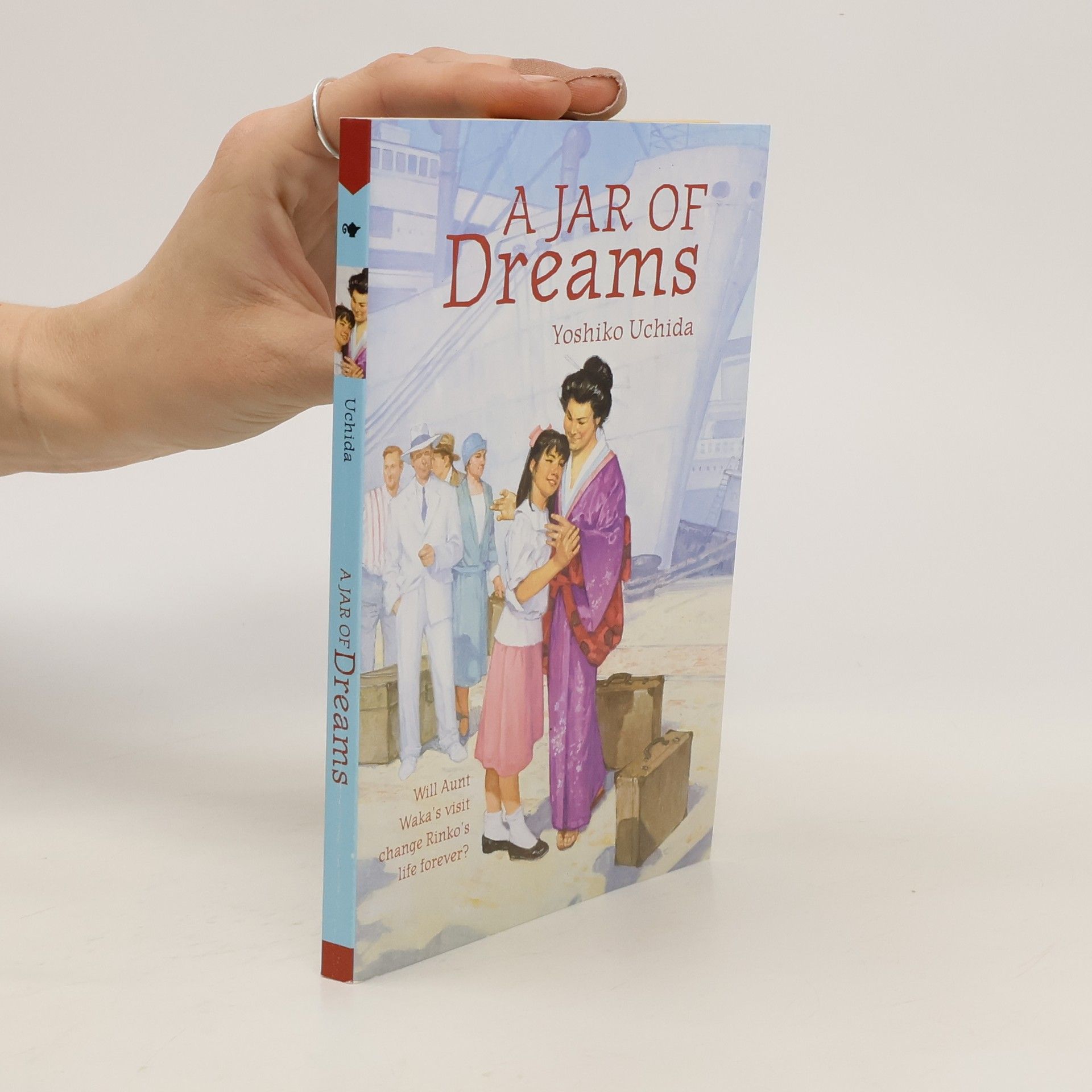Journey to Topaz (50th Anniversary Edition)
- 168 páginas
- 6 horas de lectura
Set against the backdrop of World War II, the narrative follows a young girl's courageous journey as she navigates the challenges of Japanese American incarceration. This fiftieth anniversary edition not only revitalizes the classic with new cover art and design but also includes a fresh foreword by Traci Chee, enhancing its significance and appeal for contemporary readers.


